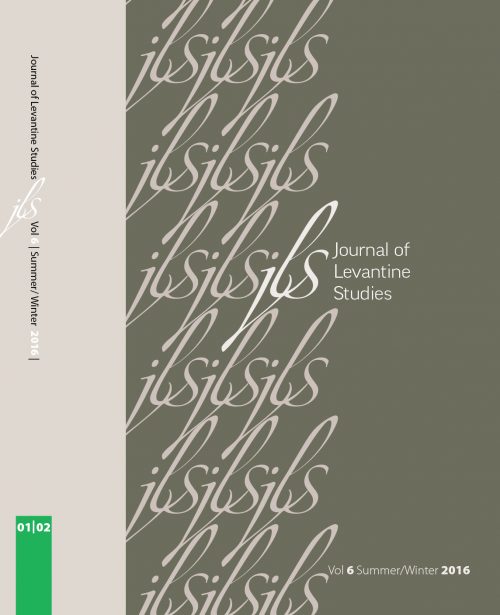-
Add to cartQuick view
“Anticonverso” Trends among Converted Jews in Seventeenth-Century Europe
Free!In the second half of the sixteenth century, and especially during the seventeenth century, the Iberian Peninsula became a magnet for Jews who had never been conversos, or who came of age as Jews. These men, who produced anti-New Christian discourses—as can be seen in some inquisitorial trials or in great intellectual debates—are perhaps best represented by João Baptista d’Este. In some cases New Christians were the major targets of their diatribes, even when their objective was, in an essentialist plan, to reiterate the fallaciousness of the Jews and of Judaism. The pressing question, also reiterated by Old Christians, was the New Christians’ supposed duplicity, often equated with iniquity, from which the new catechumens wished to distance themselves. The proof of the “falsity and ambiguity” of the conversos resorted to examples that were sometimes manufactured from their everyday life and from a “failed” plan to integrate another minority, the Moriscos, though their resounding expulsion became an equally ideal destiny to apply to the New Christians.
Add to cartQuick view -
Add to cartQuick view
Manuel de Gama de Pádua’s Political Networks: Service, Subversion, and the Disruption of the Portuguese Inquisition
Free!Between 1674 and 1681, the activities of the Portuguese Inquisition were suspended by papal order. But how was it possible that this mighty institution, built by Catholic elites for religious and social discipline and political control, could be so comprehensively disrupted? This article argues that a key factor in motivating this break in Inquisitorial activity was New Christian political activism, and it seeks to explore what “politics” might have meant for such men, in a society that allowed this and other marginal groups no political role. It suggests that the financial and structural needs of the Crown, committed to empire building and pressured by a continuous war for survival during the Portuguese Restoration and subsequent war with Spain (1640–1668), brought a small group of entrepreneurs to the heart of the state. The article also explores the manner in which one member of this group used this influence for political ends. It seeks to offer new insights into this sort of political activity by viewing it from a cross-cultural perspective, rather than solely from a New Christian ethnic or religious standpoint. It will emphasize mechanisms of coexistence, trust, and cooperation and consider politics as not only an activity of the elites but also as something in which those who were repressed or marginalized engaged. This article forms a part of a wider study of early modern politics, trade, and religion viewed through the prism of the period during which the Portuguese Inquisition was suspended. I will explore the role of one entrepreneur living in Lisbon who was involved in the suspension. This man, Manuel da Gama de Pádua, used the skills, strategies, and connections he had gained in cross-cultural trade as a tool to bring about political change, acting as procurator, or legal representative, of the New Christian community.
Add to cartQuick view
- Home
- About JLS
- Issues
- Vol. 9 No. 1 | Summer 2019
- Vol 8 No 2 Winter 2018
- Vol. 8, No. 1: Summer 2018
- Vol. 7, No. 2: Winter 2017
- Vol. 7, 1: Summer 2017
- Vol. 6, Summer/Winter 2016
- Vol. 5, No. 2 Winter 2015
- Vol. 5, No. 1 Summer 2015
- Vol. 4, No. 2 Winter 2014
- Vol. 4, No. 1 Summer 2014
- Vol. 3, No. 2 Winter 2013
- Vol. 3, No. 1 Summer 2013
- Vol. 2, No. 2 Winter 2012
- Vol. 2, No. 1 Summer 2012
- Vol. 1, No. 2 Winter 2011
- Vol. 1, No. 1 Summer 2011
- Blog
- dock-uments
- Subscribe
- Submit
- Contact


